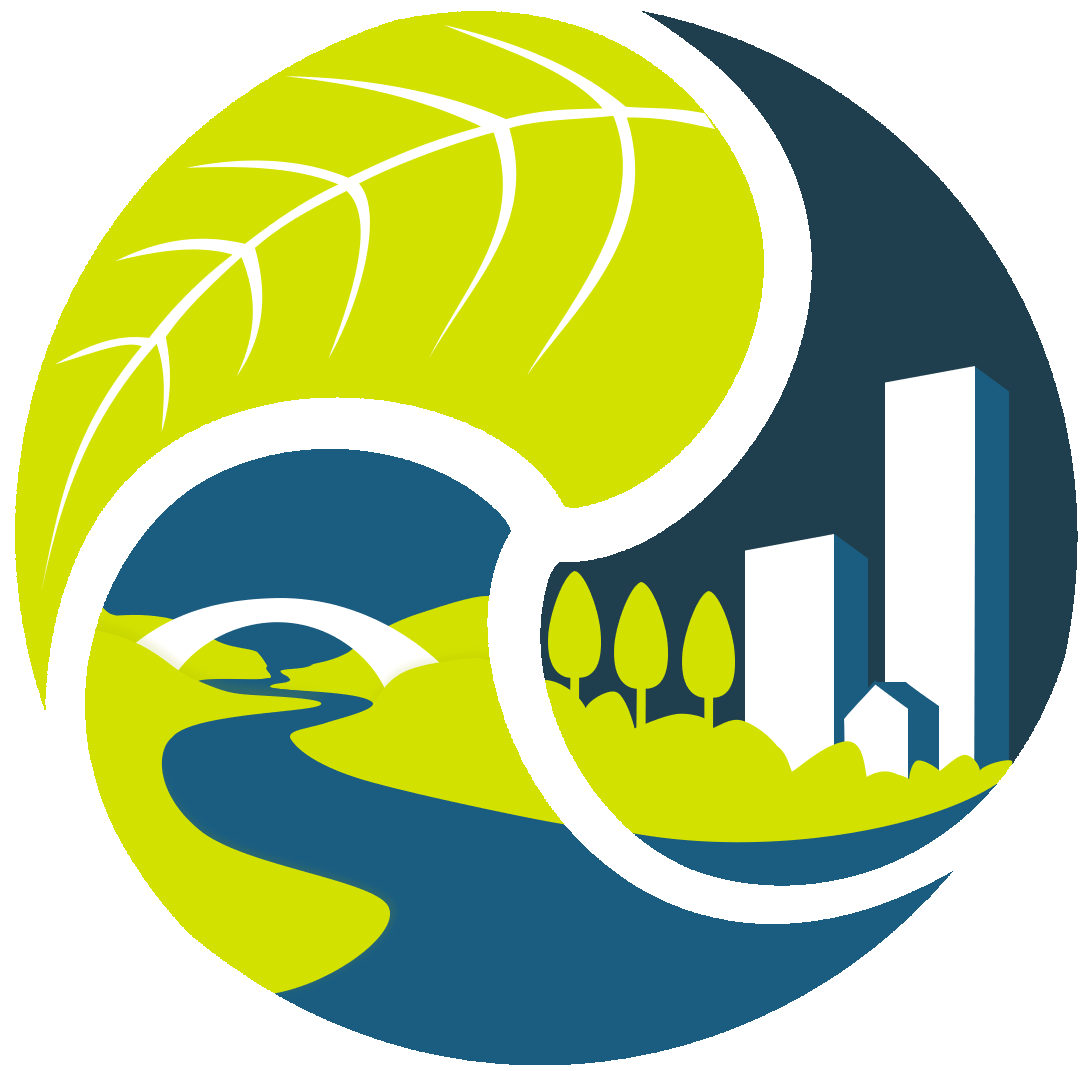Focusing on environmental and sustainability research, RISE deepens the following themes
- Cities in transition, resilience and adaptation to climate change
- Which transition for the sustainability of socio-hydrosystems in a context of global change?
- Reflexive approaches to study socio-ecosystems: bridging human and social sciences and biogeophysical sciences
The RISE organizes a series of lectures on these themes every second Friday from 11:30 am to 12 pm.
The aim of this conference cycle is to prepare the RISE workshops to construct research projects and to strengthen scientific interactions. It gives the floor to internationally recognized personalities in sustainability science.

